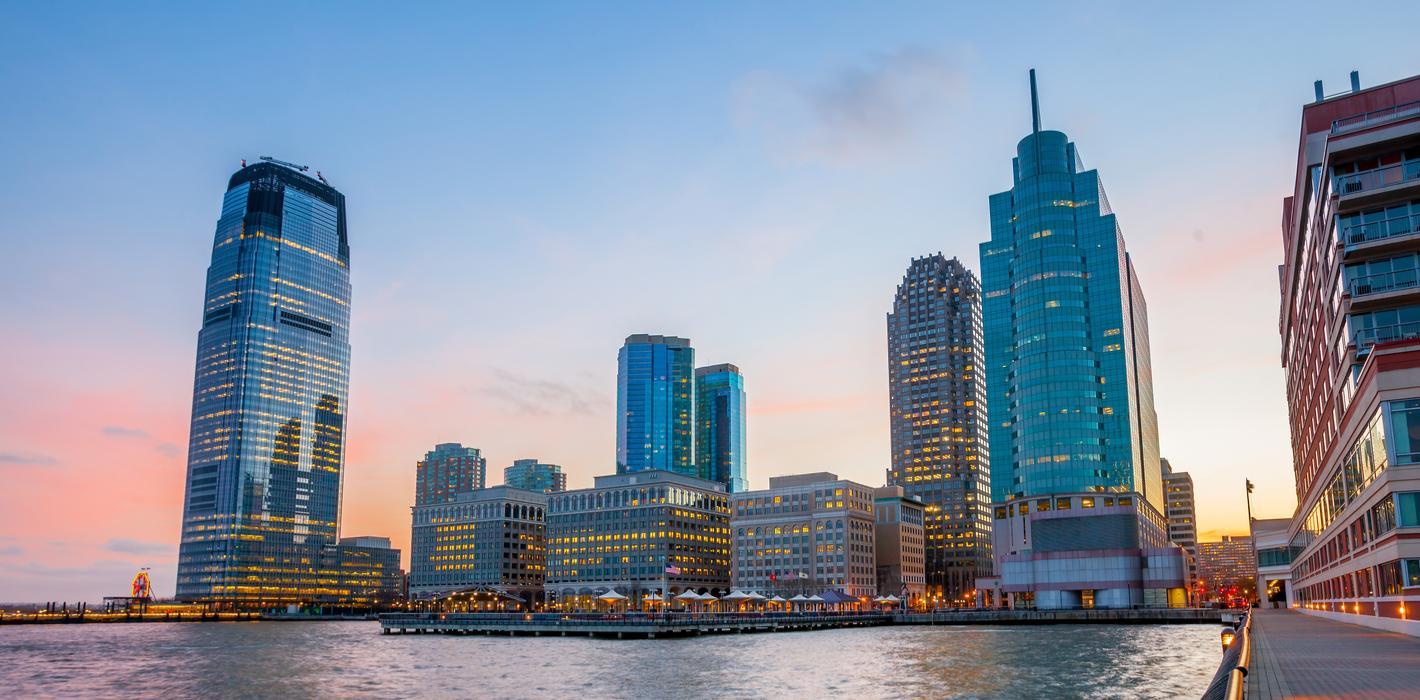
Close

Gallbladder issues can be painful, disruptive, and even dangerous if left untreated. If you’re dealing with gallstones, chronic inflammation, or other gallbladder-related problems, surgery may be the best option for relief and long-term health. This guide covers everything you need to know about gallbladder surgery in Jersey City, from symptoms and treatment options to recovery and costs.
Gallbladder surgery, or cholecystectomy, is a procedure to remove the gallbladder, a small organ beneath the liver that stores bile. When functioning properly, the gallbladder helps with digestion by releasing bile into the small intestine. However, when gallstones or inflammation cause blockages, it can lead to severe pain, infection, and other complications.
Many people in Jersey City require gallbladder surgery due to conditions like gallstones, chronic cholecystitis, and bile duct obstruction. If left untreated, these issues can cause significant digestive problems and infections.


Gallbladder disease can manifest in different ways. Some people experience sudden, intense pain, while others have milder, chronic discomfort.
1. Gallstones – Hardened deposits of bile that can block the gallbladder or bile ducts
2. Chronic Cholecystitis – Long-term inflammation of the gallbladder
3. Bile Duct Blockage – Prevents bile from flowing into the small intestine
4. Gallbladder Polyps – Growths that may require removal if they are large or symptomatic
Also known as minimally invasive gallbladder removal, this is the most common method. Small incisions and a camera-assisted tool allow surgeons to remove the gallbladder with minimal scarring and a shorter recovery time.
Benefits:
Less pain
Faster recovery (usually within a week)
Minimal scarring
A more advanced minimally invasive option, where the surgeon uses robotic assistance for precision. This method is often used for complex cases.
For cases where laparoscopic surgery isn’t an option (e.g., severe infection or scar tissue from previous surgeries), an open procedure with a larger incision may be necessary.
Some of the best general surgeons in Jersey City specialize in gallbladder removal and have extensive experience treating complex cases.


Before surgery, your doctor will provide specific instructions, but general preparation includes:
Pre-Operative Tests – Blood tests, ultrasound, and possibly an MRI to assess your gallbladder
Diet Adjustments – Avoid fatty or greasy foods leading up to surgery
Medications – Certain blood thinners and supplements may need to be stopped
Following these guidelines will ensure a smoother gallbladder removal process.
Using a laparoscope (camera-assisted tool), the surgeon carefully detaches and removes the gallbladder.
The incisions are closed, and you’re monitored before being discharged.
Surgery typically lasts 30-90 minutes, with most patients going home the same day.
Most laparoscopic gallbladder removal patients return home the same day, while open surgery may require a hospital stay.
While generally safe, cholecystectomy does carry some risks.
Potential Complications
Infection – Redness, swelling, or fever
Bile Leakage – Rare but can cause abdominal pain
Bile Duct Injury – A serious but uncommon complication
If you experience severe pain, fever, or jaundice, contact your doctor immediately.


The cost of gallbladder surgery in NJ depends on:
Insurance Coverage
Most insurance plans cover cholecystectomy if medically necessary. Always check with your provider to confirm coverage and out-of-pocket costs.
Jersey City has some of New Jersey’s top hospitals and surgical centers specializing in gallbladder removal. Look for facilities with board-certified general surgeons and high patient satisfaction rates. For appointments, consult our general surgeon in Jersey City to discuss your options.
Contact your doctor if you experience:
Delaying necessary gallbladder removal can lead to serious complications, including:
If your doctor recommends cholecystectomy, it’s important to schedule it in a timely manner to avoid complications.
A small percentage of people develop post-cholecystectomy syndrome (PCS), which may cause bloating, diarrhea, or indigestion even years after surgery. If you experience persistent digestive issues, consult your doctor for dietary and medical guidance.
Yes. Laparoscopic gallbladder surgery is a low-risk procedure, even for older adults. Recovery may take slightly longer, but complications are rare when performed by an experienced surgeon.
If you’re considering gallbladder surgery in Jersey City, consult a trusted specialist to discuss your options and take the next step toward relief and recovery.